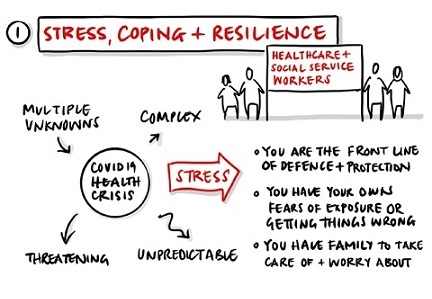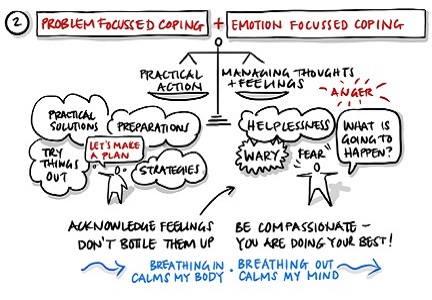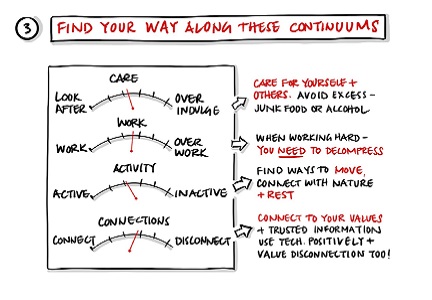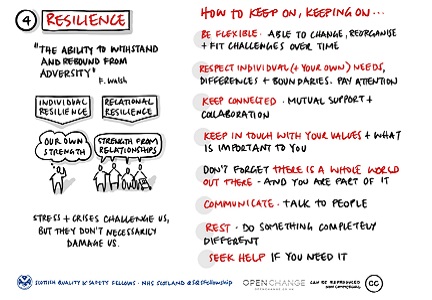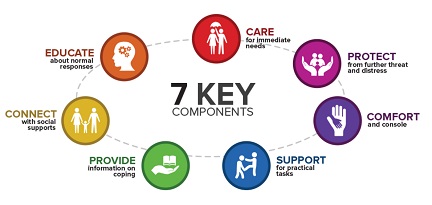This resource has been adapted from Psychosocial support and wellbeing: psychosocial responses to COVID-19. With thanks to NHS Education for Scotland.
The current COVID-19 pandemic will affect us all in different ways: physically, emotionally, socially. Social service workers will experience varying levels of stress and distress at points. This is normal and predictable.
This guide aims to help support you to look after:
- yourself
- others for whom you provide support and care
- colleagues.
We know that finding time to keep up with advice and information coming from many different sources can become an additional pressure.
This guide:
- highlights principles and strategies which are based on good, reliable science and evidence that can help you manage the ongoing stress as effectively as possible
- summarises the best available knowledge in this area at the current time with associated relevant links should you wish more information
- will be updated and added to.
Finally, as much as this is a stressful time, we also know that people faced with chronic stress and adversity will often show enormous fortitude and resilience in the face of immense pressure. It is important to hold this in mind as best we can.

